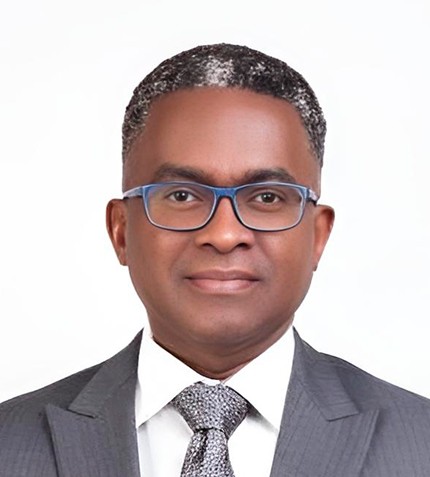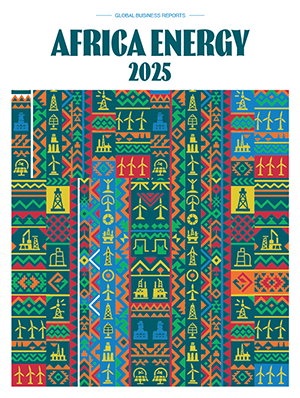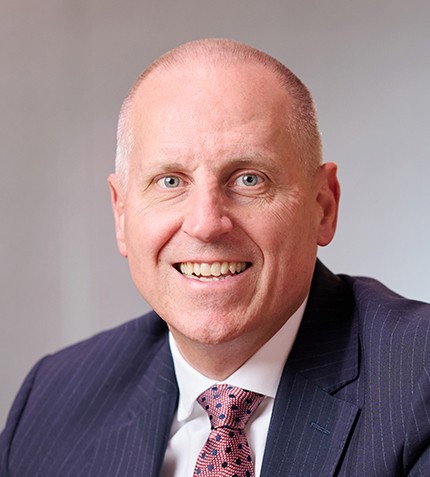
"The key to success for Nigerian independents is speed and efficiency. New technologies may initially cost more, but they provide value quickly—exactly what the current investment climate demands."
RELATED PUBLICATION
ARTICLES FROM THIS PUBLICATION
Emeka Ene
CEO, OIDA ENERGY
What is your assessment of Nigeria’s “Decade of Gas” progress?
The “Decade of Gas” was a visionary initiative. It aimed to revitalize the natural gas industry, and in many ways, it has succeeded. Gas is now at the forefront of industry discussions. Demand for LPG, CNG, LNG, and pipeline-delivered gas has grown significantly. Major infrastructure projects, like the OB3 and the 40-inch northbound AKK pipeline, are progressing as planned. NLNG is building train-7, at least two floating LNG projects have advanced, and the West African Gas Pipeline, WAGP, is beginning to see some flow again. The focus has shifted from simply reducing gas flaring to creating value through initiatives such as modular LNG, large CNG delivery hubs, and pipeline distribution networks.
Do you see a mindset shift occurring within NNPC and broader industry governance?
The new management team at NNPC consists of experienced professionals who understand the complexities of the entire value chain. They recognize that asset development is a long-term effort and that investment is essential. Their task is challenging—expanding production quickly is a tall order. The true strength of the Nigerian oil industry lies in local content. Nigerian service companies and independent producers demonstrate that local capacity provides value.
Is there a rising demand for oilfield services following the asset transfers to Nigerian independents?
Absolutely. Short-term oil gain strategies are essential. The key to success for Nigerian independents is speed and efficiency. New technologies may initially cost more, but they provide value quickly—exactly what the current investment climate demands.
How has the past year been for Oida Energy?
We have made significant progress in developing the Kwale Gas Gathering (KGG) facility and expanding into secondary, modular gas processing. The goal has been to accelerate gas projects, bypassing the usual 12 to 36-month timelines typical of traditional developments. Our strategy has focused on delivering gas to the market as quickly as possible, and this model has been gaining momentum. On the oil side, we introduced innovations aimed at achieving short-term oil gains. This involves re-entering brownfields and deploying early production modular systems to bring oil to the surface more rapidly. These deployments have provided value for various operators over the past year, and we expect this momentum to continue.
In the gas industry, time is critical because flaring is a continuous process. Instead of waiting many months for infrastructure to be installed, we offer modular solutions that can be deployed in a few months. These systems are also flexible—they can scale up or down depending on associated gas volumes. Most flare sites in the Niger Delta are relatively small and dispersed over large areas across the Niger Delta, making gas gathering expensive and inefficient. Our skid-mounted modular plants can be relocated and brought directly to these sites, making them more cost-effective and adaptable. This approach offers a path to associated gas monetization that aligns with the specific challenges and terrain of the Niger Delta.
Are you pursuing a regional expansion strategy?
We view Sub-Saharan Africa as a natural extension of our business. With platforms like the African Continental Free Trade Agreement, intra-African trade is becoming increasingly feasible. An emerging oil and gas belt stretches from Senegal and Gabon to Namibia and Mozambique. Many of these countries are at a stage Nigeria was years ago. They need to develop human capacity, attract capital, and bring in expertise. We believe modular gas—small-scale, local monetization—can make a significant difference.
Our modular early production systems are designed to begin production on day one. In some cases, these systems have been in use for over a decade because clients saw no need to upgrade.
What are your priorities over the next year?
Our priority is collaboration. In the 1990s, the UK North Sea industry launched an initiative called CRINE—Cost Reduction in the New Era—which emphasized shared value over a “winner-takes-all” competitive approach to procurement. We believe a similar approach is needed here. Collaboration among operators, service companies, and technical partners can help drive production growth even amid global volatility. We are already involved in such partnerships. Our goal is to continue adding value across the entire value chain and to steadily increase production for our partners in the coming year.











